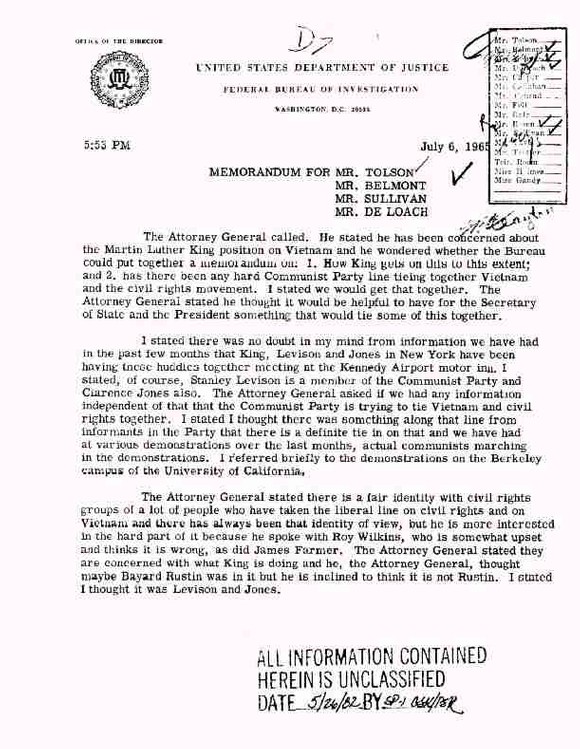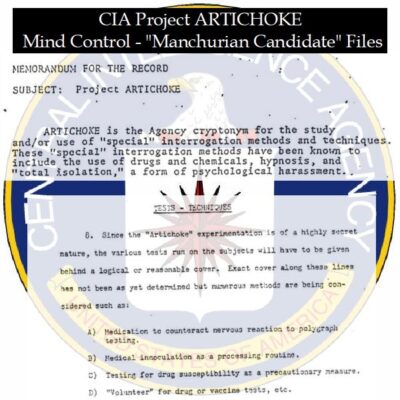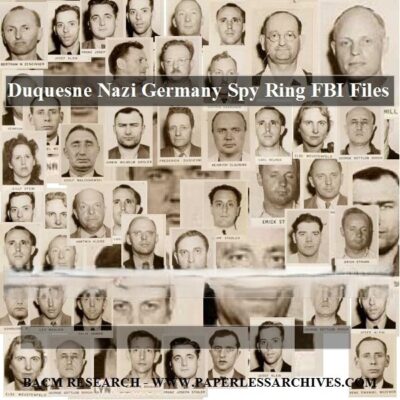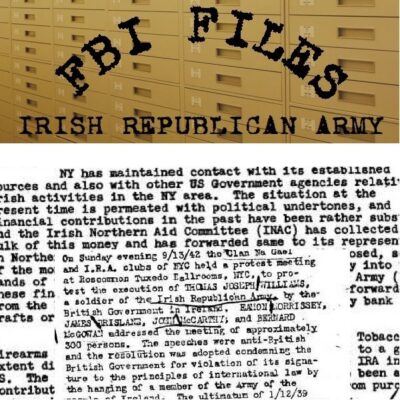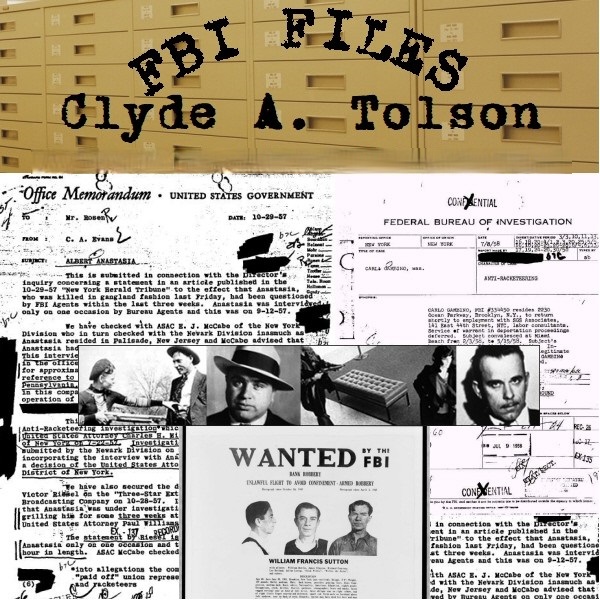
Clyde A. Tolson – J. Edgar Hoover FBI Files
$19.50
Description
Hoover and Tolson FBI Files, 1965-1972
Timeline of Main Events (Based on Source)
This source primarily focuses on a collection of FBI files covering Clyde Tolson and J. Edgar Hoover. The timeline below reflects the period and content highlighted within the description of these files:
- 1965 – 1972: This is the core period documented in detail by the files. Specifically, it marks the years during which J. Edgar Hoover wrote a significant number of memos (approximately 1000 pages) that are included in this collection.
- During 1965 – 1972: Hoover’s memos reflect on various contemporary events and issues, including:
- Campus demonstrations
- Civil disturbances
- Electronic surveillance
- Martin Luther King Jr.
- Almost every social issue of the period.
- Prior to the Freedom of Information Act: The Hoover memos were written before the implementation of this act, indicating a period where such internal communications were not subject to public disclosure.
- Post-1972 (Implicit): The description mentions that these memos were supposed to be destroyed, suggesting that after 1972, there was an intention to eliminate these records.
- Accidental Preservation (Date Unknown): Copies of Hoover’s memos were “accidentally maintained” in Associate Director Clyde Tolson’s office files. This accidental preservation is the reason these documents are now available.
- FBI Headquarters in Washington, D.C.: The files were copied from FBI Headquarters, indicating this as the originating location of these records.
Cast of Characters (Based on Source)
- Clyde A. Tolson:Principle Role: Associate Director of the FBI.
- Brief Bio: A high-ranking official within the FBI, serving as Associate Director. His personnel records (approximately 800 pages) are included in this collection. Importantly, copies of J. Edgar Hoover’s memos were maintained in his office files, albeit accidentally, making these historical documents available.
- J. Edgar Hoover:Principle Role: Director of the FBI.
- Brief Bio: The long-serving and powerful Director of the Federal Bureau of Investigation. This collection contains approximately 1000 pages of memos written by him between 1965 and 1972. These memos reveal his thoughts and the FBI’s perspective on various social and political events of the time, including civil rights, protests, and surveillance practices. The fact that these pre-Freedom of Information Act memos were meant to be destroyed highlights his control over information and the internal workings of the FBI.
- Martin Luther King Jr.:Principle Role: A prominent figure and topic of interest for the FBI under Hoover.
- Brief Bio: A key leader of the American Civil Rights Movement. Hoover’s memos document his thoughts and the FBI’s stance on King during the period of 1965-1972, suggesting potential surveillance or investigation of his activities.
CLYDE A. TOLSON – J. EDGAR HOOVER FBI FILES
2,141 pages of files copied from FBI Headquarters in Washington, D.C., covering Clyde Tolson and J. Edgar Hoover. Files are made up of approximately 800 pages of Associate Director Tolson’s personnel records and copies of memoranda that were maintained in his office.
The files also include 1000 pages of memos written by J. Edgar Hoover from 1965 to 1972. Memos document Hoover’s thoughts on various events during that period including campus demonstrations, civil disturbances, electronic surveillance, and Martin Luther King.
This set is most valuable for a collection of about 1000 pages of memos written by J. Edgar Hoover from 1965 to 1972. These memos, written before the implementation of the Freedom of Information Act, were suppose to be destroyed. However, copies were accidentally maintained in Associate Director Tolson’s office files. These memos document the attitude of Hoover and the FBI on various events during that period including campus demonstrations, civil disturbances, electronic surveillance, and Martin Luther King Jr. Almost every social issue of the period garner reflection in this set.
